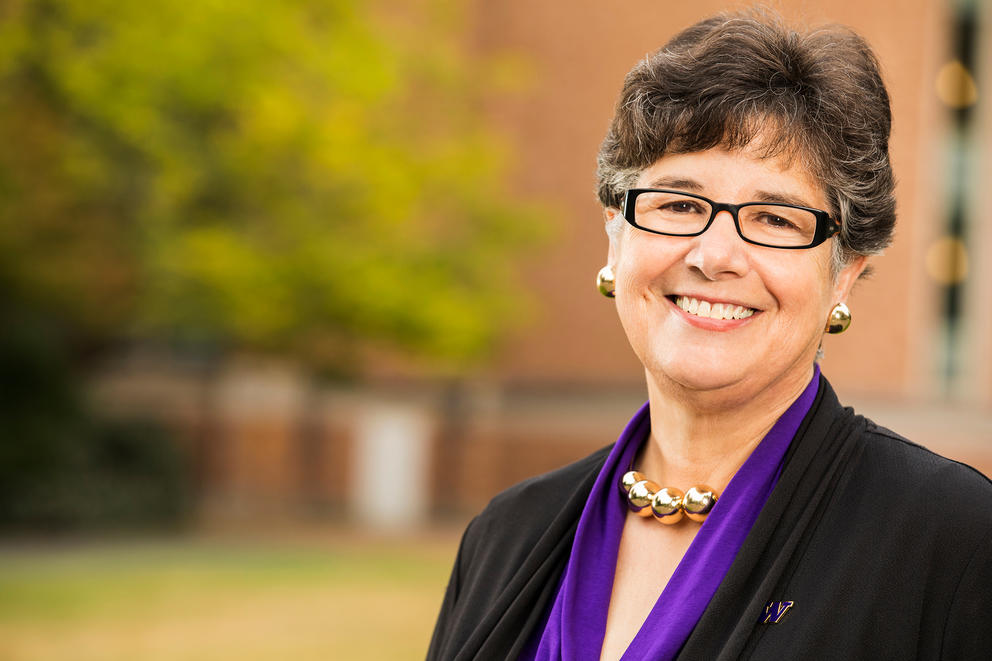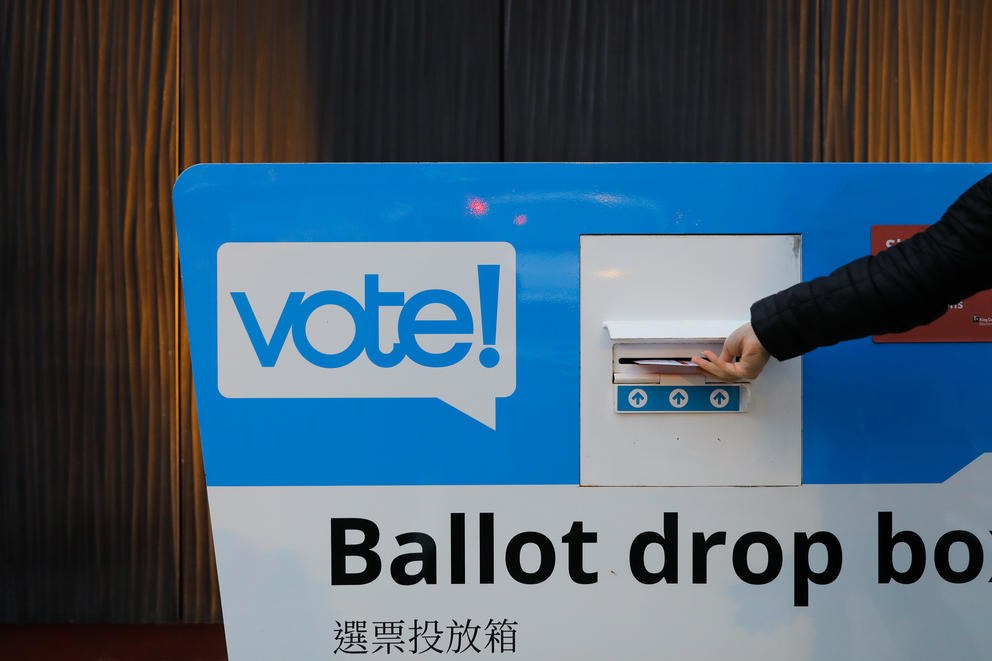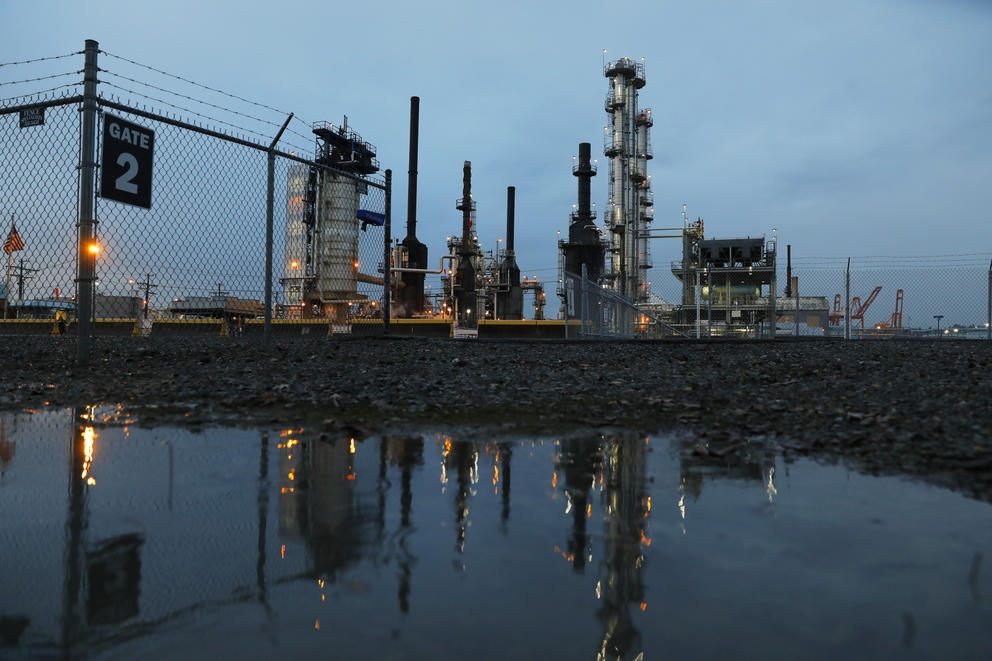Day two of the Crosscut Ideas Festival is underway. The Crosscut Ideas Festival is a gathering for newsmakers, changemakers and innovators to come together and discuss current events and the issues of our time. Along with virtual sessions running all week, the Crosscut Ideas Festival will culminate in an all-day Saturday in-person event including art installations, workshops and keynote speakers.
Each day, we’ll offer a synopsis of what’s to come. Here are today’s virtual sessions:
- Slate Live Podcast Taping: "What Next: TBD": Big Tech's Midlife Crisis: Is the tech industry all right? Lizzie O’Leary, host of Slate’s podcast What Next: TBD, sits down with The Washington Post’s tech industry analyst Will Oremus to discuss widespread layoffs, tumultuous profits and what lies ahead for the industry. The session starts at 9 a.m.
- Ukraine, China and the Future of U.S. Foreign Policy: The war in Ukraine has reshaped foreign policy in differing ways. The U.S. strengthened its relationship with NATO while also increasing tension with China over Taiwan, which the U.S. has vowed to defend. Congressman Adam Smith, who said the invasion is a “defining moment” for the world, discusses managing our economic reliance on a competing nation while keeping global order intact. Connie Lead, associate professor of political science at Seattle University, also joins the discussion. The session starts at 11 a.m.
- CRISPR and the Future of Genetic Engineering: Jennifer Doudna is a co-founder of CRISPR, the highly contested gene-editing tool. The discovery offers opportunities to treat or cure diseases, increase crop resistance and raise livestock that are more efficient at producing meat and milk. The tool has also faced backlash, including ethical concerns that it could lead to a new class of “designer babies.” Doudna will be joined by New York Times columnist and science author Carl Zimmer. The session starts at 2 p.m.
Interested in attending? Tickets are still on sale for virtual events and Saturday’s in-person sessions at the Amazon Meeting Center, 2031 Seventh Ave. Find a full list of speakers, sessions and ticket prices at crosscut.com/festival.







